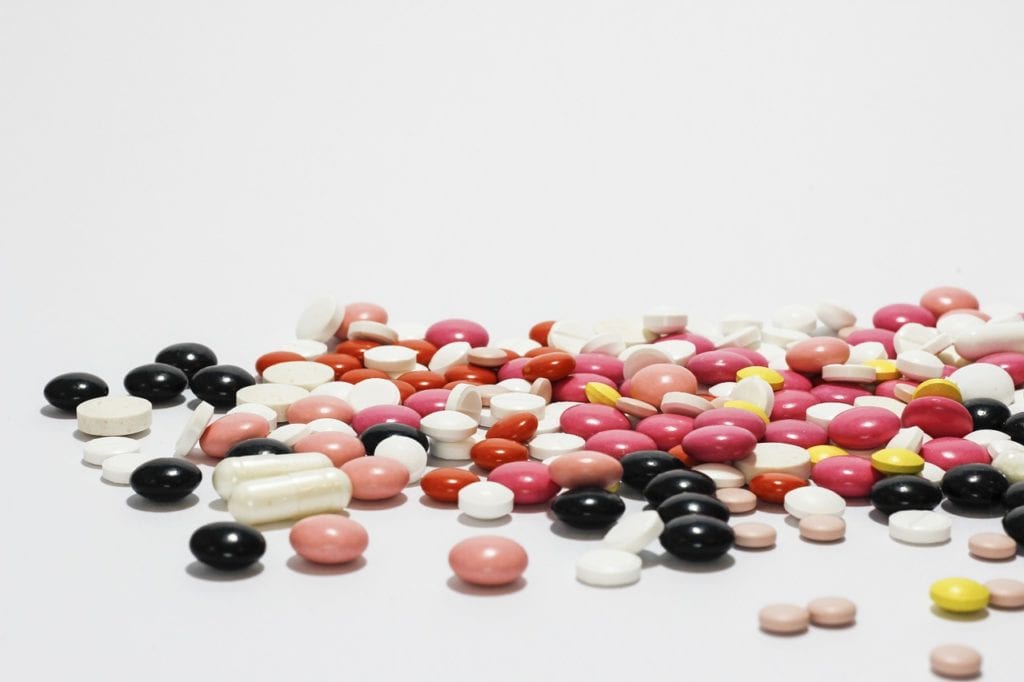According to a story from Xconomy National, some patient advocacy organizations are beginning to speak out about exorbitantly high drug prices despite the fact that many of them receive funding from drug companies.
The situation highlights a fundamental contradiction in the health care sphere. The role of patient support organizations is fairly straightforward. These are non-profit groups which often specialize in supporting patients that are suffering from a specific disease. These groups are typically meant to provide support via resources for patients, as well as helping to fundraise disease research and the development of new drugs. These groups also spend time advocating for the approval of new treatments.
However, there can be many barriers that can prevent patients from getting timely treatment. Patients in remote areas, for example, may have trouble finding a medical facility that can attend to their needs. In some cases, patient advocacy groups can help patients get in contact with professionals that can help them. But one of the greatest barriers in the US is cost. Across the board, healthcare in the US is expensive. Insurance, medications, and hospital visits can be a devastating financial burden. Drugs in particular can be very costly for rare disease patients in particular.
Take the case of Deborah Long as an example. She suffers from multiple sclerosis, and for decades she has relied on a steady medication regimen to keep her MS in check. But after switching insurance, the company forced her to switch to a new treatment, which had a monthly co-pay of $2,500. At 65, Long is retired and could not possibly hope to afford it. Only an assistance program from a nonprofit has allowed her to stay on medication.
Sadly, only a few patient groups have begun to speak out about excessively high drug prices. This is likely because many of them receive a huge percentage of funding from drug companies; many nonprofits remain silent out of fear of losing funding. Whether intentional or not, drug companies have successfully muzzled many nonprofits on the issue of drug pricing. This also prevents patient groups from fulfilling their mission as advocates, because they are forced into silence on an injustice that is hurting many patients the most.







